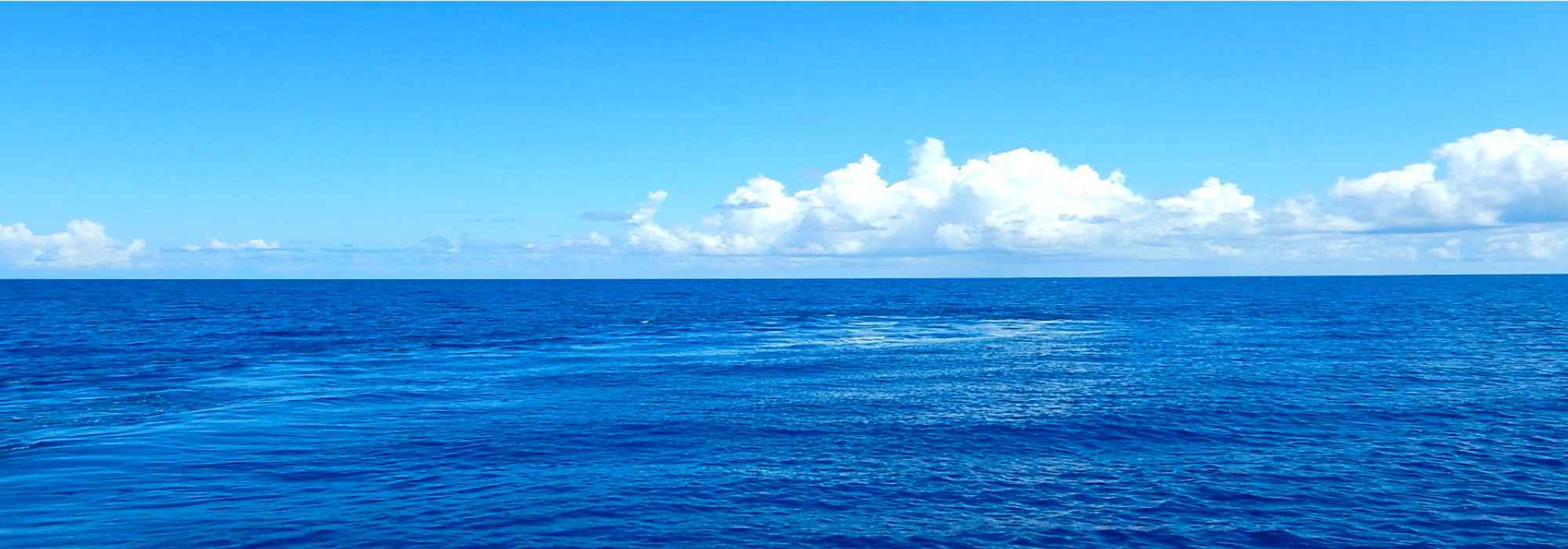Verbs
682 Entries
Tuvaluan
日本語/English
Notes
māea
v.
accomplish, be successful, complete
動
成し遂げる,完成させる
māfua
v.
cause; occur, arise
動
引き起こす;起こる,生じる
Te fakalavelave ne māfua i te vale. The accident occurred because of the drunk guy.
Te fakalavelave ne māfua i te vale. 酔っぱらいのせいでその事故は起こった。[参] māfuaga.
mafuli
v.
change
動
変わる,変化する
Mafuli te tau o te aso. The weather changes.
Mafuli te tau o te aso. 天候が変わる.[参] 'fuli.
